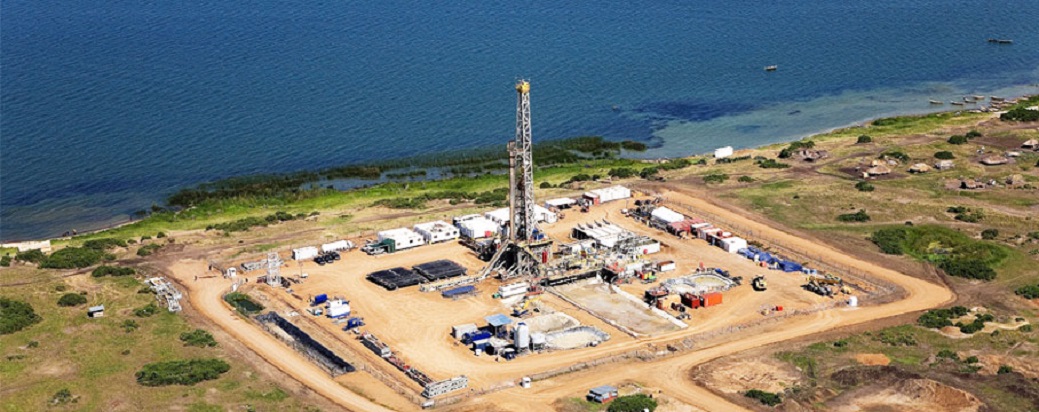The global climate conference continues to be a blame game platform between the underdeveloped global south and the more industrialised global north for the failure to tame climate change.
The 27th Conference of Parties, COP27, happening at Sharm el Sheik, Egypt has attracted more than 35,000 participants from about 200 countries including head of states and governments, academics and entrepreneurs, to take action towards achieving the climate goals of the Paris Agreement and other deals.
All the speakers agree that Africa contributes the least (less than 4 percent) to the global carbon emissions, and that it is among the most vulnerable to climate disasters.
A report released by the Climate Policy Initiative finds that Africa needs about 2.8 trillion dollars, or 250 billion each year, between 2020 and 2030 to implement its Nationally Determined Contributions (NDCs).
The Paris Agreement’s main aim is to strengthen the global response to the threat of climate change by keeping a global temperature rise by less than 2 degrees above the levels registered before the industrial age.
The study shows that total annual climate finance flows in Africa for 2020, domestic and international, were only USD 30 billion, just 12% of the amount needed.
Egypt’s President Abdel Fattah el Sisi said however, that the views of the leaders around the world are not supported by their political will to fight climate change.
He says the current generation of leaders must ensure that the actions of the world today are not paid for by the future generations.
“The coming future doesn’t have to bear the results of mistakes that they didn’t commit. If the real will was present to enhance our work to yield in real results, then, everything is possible, and what we are trying to implement at COP27 will be real,” said el Sisi.
He urged the world to ensure an end to the Russia-Ukraine war which, according to him, is abetting the climate crisis by making energy more expensive, and also adding to the hardships already felt by the poor.
“Humanity has a choice: cooperate or perish,” said UN Secretary General Antonio Guterres, who also called for a deal between the developed world and the poor countries to accelerate the transition from fossil fuels.
He said while it is vital that Africa moves away from the production and use of fossil fuel, the countries cannot afford to raise the resources that are required.
Guterres blamed the US and China specifically for doing less than they out to because of how much they contribute to global emission.
“Greenhouse gas emissions keep growing. Global temperatures keep rising. And our planet is fast approaching tipping points that will make climate chaos irreversible,” he said.
Simon Stiell, the Executive Secretary, UN Framework Convention on Climate Change said the UN will hold people in whatever capacity or sector for their contribution to the destruction of the environment.
The western world, especially in Europe, has been pushing for an immediate shift away from fossil fuels, and their pressure is impacting Africa’s oil and gas industry with financial institutions becoming more cautious of lending to projects.
However, the governments in most of Africa have told off the west, to continue pushing ahead with the oil and gas projects, especially following the rising pressure against Uganda’s East African Crude Oil Pipeline (EACOP) project.
“We are already seeing investments in new oil and gas projects dwindle and one announcement after another about majors divesting African oil and gas assets. New developments, especially of our vast, newly discovered natural gas reserves, remain under threat,” said NJ Ayuk, the chief executive, Africa Energy Chamber.
He however, says that the western forces should realize that fossil energy is important for a faster transition to especially through enhancing access to energy.
“What Western proponents for a rapid energy transition are ignoring is the role fossil fuels can play in bringing reliable energy to the hundreds of millions of Africans who now go without it, not to mention fossil fuel’s potential to pave the way for industrialization, economic growth, and greater stability for our people,” he says.
Climate activist Leah Namugerwa expressed worry for the young population who are growing to find a more unfavorable world due to climate change, and called for immediate action instead of talk..
Former US vice president and Chairman Climate Reality Project, Albert Gore, said the world was choosing a disastrous path if it does not put an end to the production of fossil fuel.
According to him, fossil fuel is responsible for most of the 8.7 million deaths annually from air pollution.
However, Gore supports calls for easier access to finance by the African countries, which do not have the capacity to migrate faster to cleaner energy.
He attacked the World Bank and other global financial institutions for failure to reform their financing system which has meant that because climate programs are funded more by governments, Africa borrows more expensively that the developed world.
Gore’s views on funding to Africa were reechoed by the Prime Minister of Barbados, Mia Mottley.
According to her the there is need for reforms at both the World Bank and the International Monetary Fund to give the developed more voting rights and reduce the powers held by countries like the US.
This will make it easier for the greater world to veto the decisions of the powerful rich nations in making financial decisions.
She likened the way the west handles global situation to selfishness, giving examples of the “vaccine economics” and space programs that they have concentrated on.
According to her, the talking must be followed by action if the energy transition partnerships are to work.
-URN





